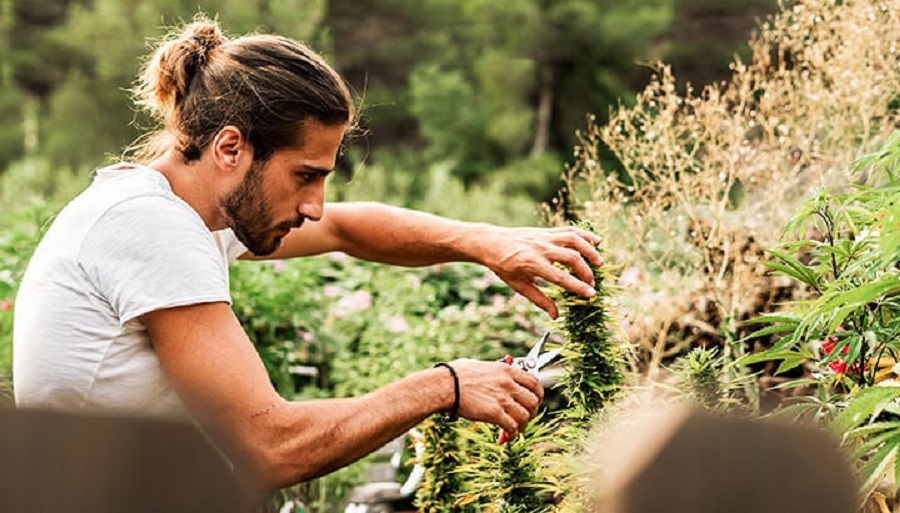Understanding the Legal Status of Cannabis in Spain: Rights, Risks, and Regulations
In Spain, the legal status of cannabis is nuanced, balancing decriminalization for personal use with strict regulations against public consumption and trafficking. Understanding these distinctions is crucial for both residents and visitors.
Private Use and Cultivation
Personal consumption and cultivation of cannabis in private spaces are decriminalized in Spain. Adults are permitted to cultivate cannabis for their own use, provided it remains within private property and is not visible from public areas. However, any form of sale or distribution remains illegal and is subject to severe penalties.
Public Consumption and Possession
Possessing or consuming cannabis in public places is illegal and considered a serious administrative offense. Individuals caught may face fines ranging from €601 to €30,000, along with the confiscation of the substance. This strict stance aims to deter public drug use and maintain public order.
Cannabis Social Clubs
Spain is notable for its “Cannabis Social Clubs” (CSCs), private associations where members collectively cultivate and share cannabis. These clubs operate under a legal gray area:
- Membership: Typically requires being an adult resident of Spain. Some clubs may allow tourists to join, but this is not officially sanctioned.
- Non-Profit Status: CSCs must function as non-profit entities, with cannabis distribution limited to members and without any form of sale to the public.
- Legal Challenges: The absence of a unified national framework means that the legality of CSCs can vary by region. For instance, Catalonia attempted to regulate these clubs in 2017, but Spain’s constitutional court later invalidated these regulations.
Medical Cannabis
As of September 2024, Spain has been progressing toward regulating medical cannabis. The Spanish health ministry published a draft royal decree to permit certain doctors to prescribe therapeutic cannabis. This initiative reflects a growing acknowledgment of cannabis’s medicinal benefits, though comprehensive regulations are still under development.
Risks and Enforcement
Despite the decriminalization of private use, law enforcement agencies actively monitor and intervene in unauthorized cannabis-related activities. Recent operations have led to the closure of establishments masquerading as legitimate CSCs but engaged in illegal sales. For example, in April 2025, authorities in Málaga shut down four such clubs for promoting drug trafficking and other administrative infractions.
Conclusion
While Spain exhibits a degree of tolerance toward private cannabis use, it’s imperative to remain informed about the legal boundaries. Engaging with cannabis through legitimate channels, such as bona fide Cannabis Social Clubs, requires adherence to membership protocols and an understanding of the associated legal implications. Always exercise caution and stay updated on regional laws to navigate the complexities surrounding cannabis in Spain responsibly.






